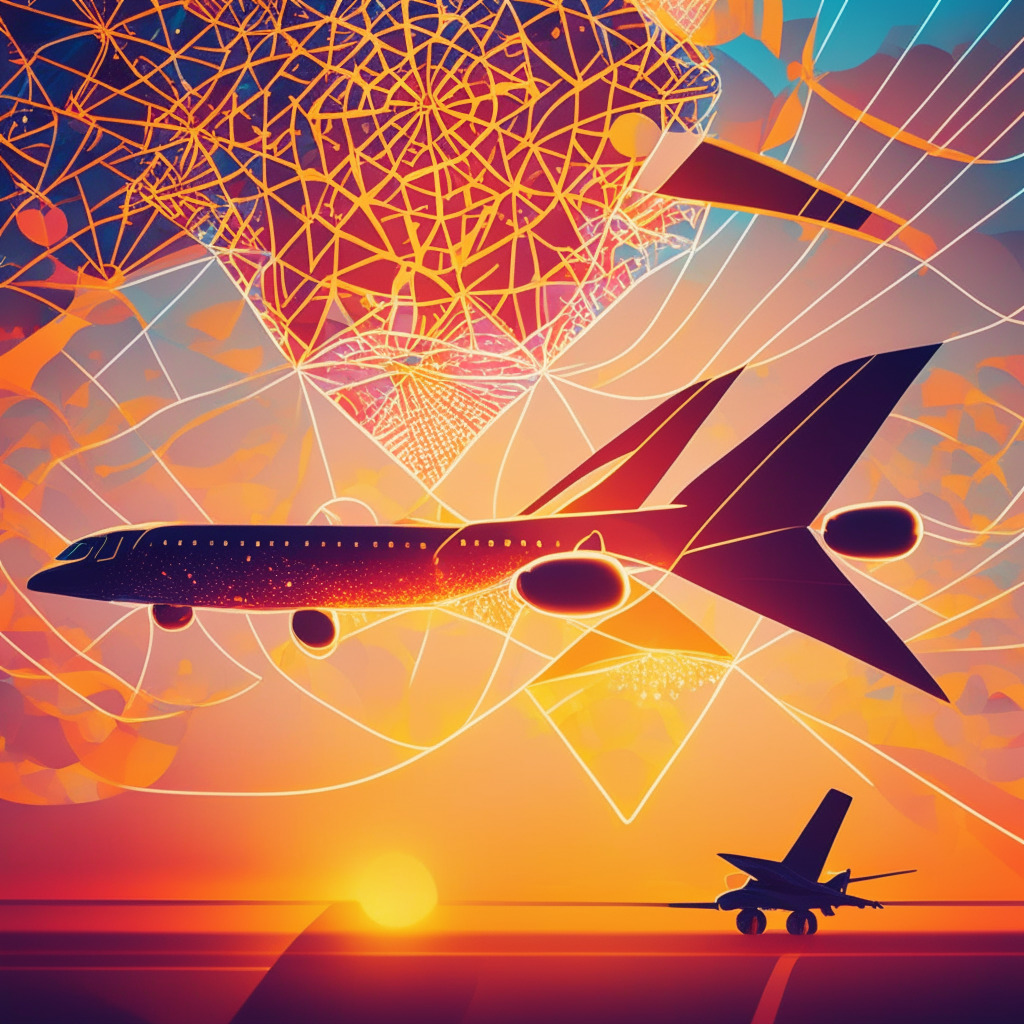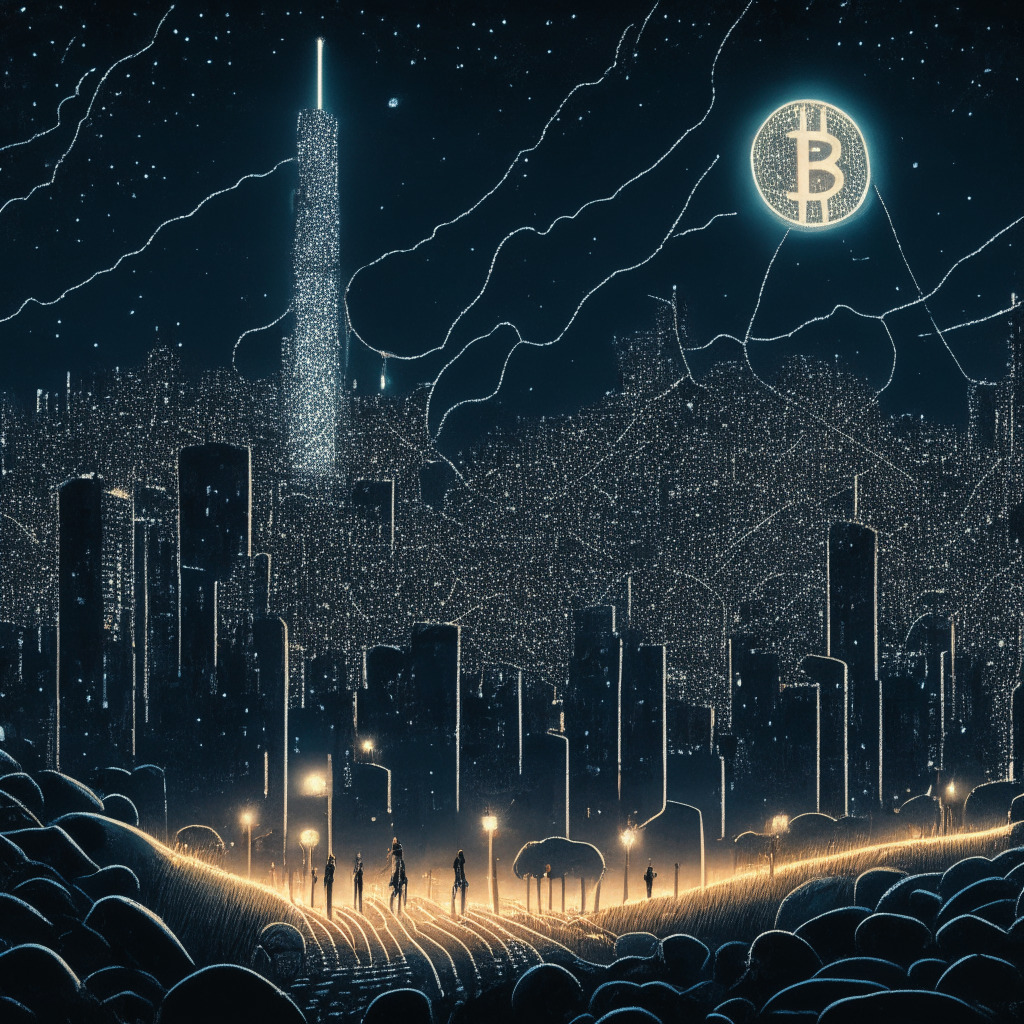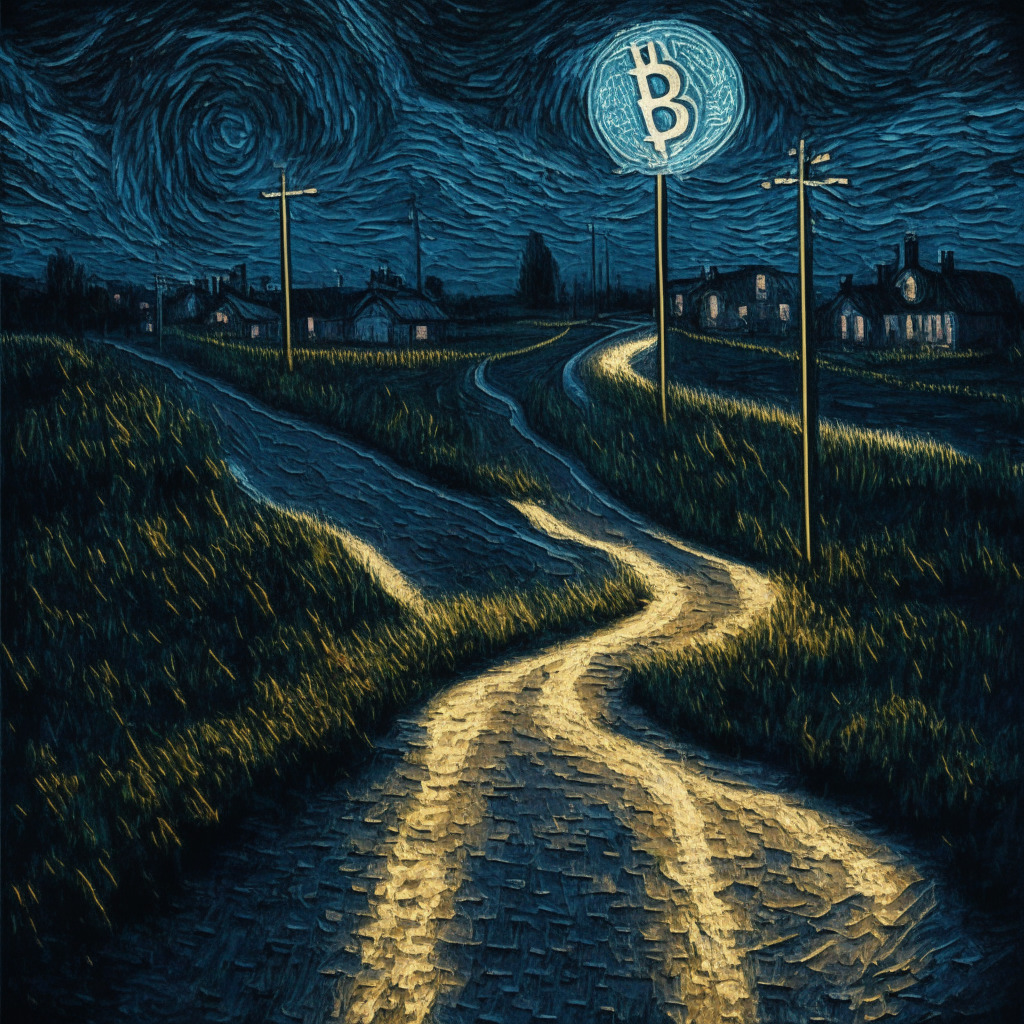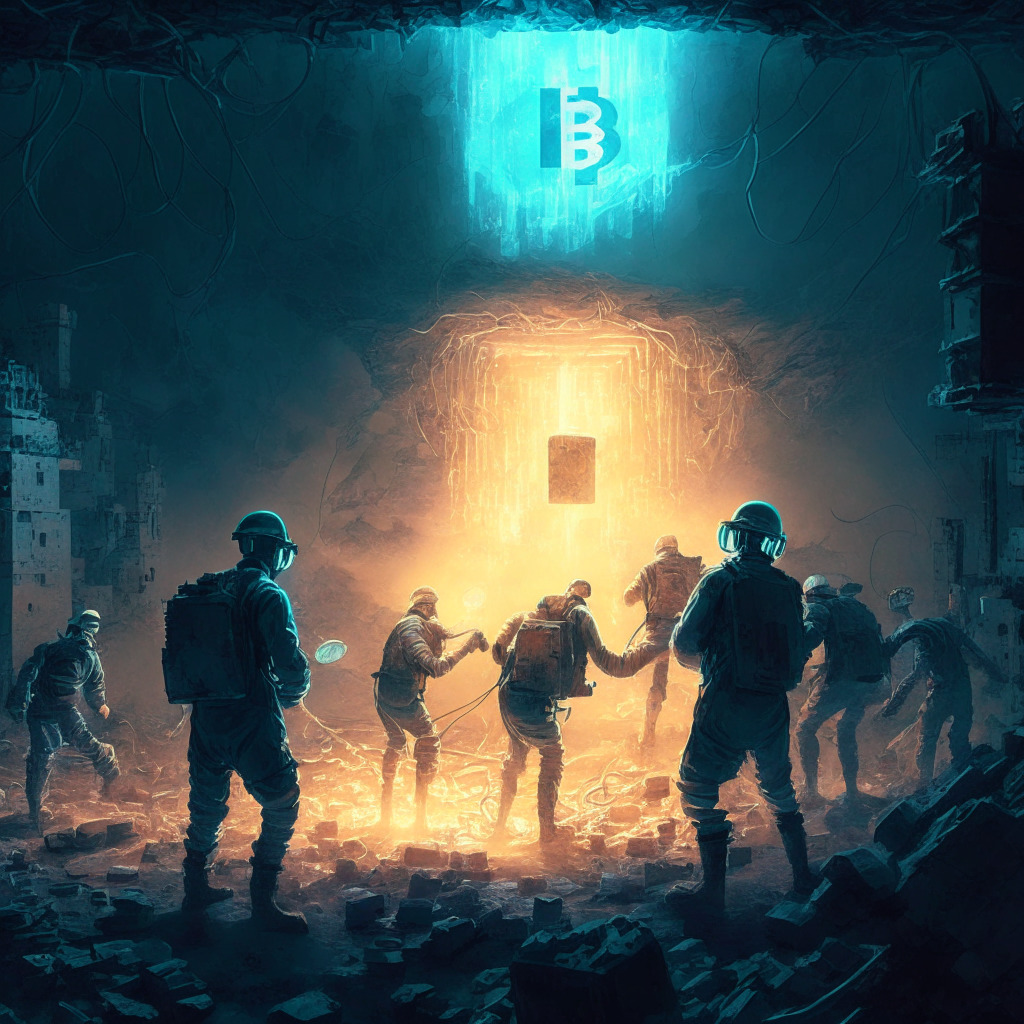In a bold strategic move, Lufthansa, one of the largest airline groups in Europe, is executing a notable fusion between the realms of aviation and blockchain technology. The airline has recently launched its non-fungible token (NFT) loyalty program on the Polygon Network, paving the way for passengers to transform their travels into lucrative NFTs.
Lufthansa’s innovative program creates a situation where each trip a passenger embarks on could potentially unlock rewards such as miles or business lounge vouchers. Core to the operation of this system is the recently introduced Uptrip mobile application, an initiative by Lufthansa Innovation Hub and Miles & More (the airline’s frequent flyer program).
Customers can utilize the Uptrip app to scan their boarding passes, which are promptly converted and exchanged for NFT trading cards. The catch? Users must link their crypto wallets to mint and transfer their respective Uptrip NFTs. And the real perk comes into light when passengers complete specific NFT creations, making them eligible for exclusive privileges: flight upgrades, airport lounge access, frequent flyer status, or even award miles. Reflecting on these advancements, Christopher Siegloch, the head of program development at Miles & More, highlighted the surprisingly high level of interest in Uptrip.
On the flipside, despite the undeniable appeal, Lufthansa’s NFT experiment is not without potential pitfalls. The most significant concern lies in the overarching complexity of the Web3 world – a realm characterized by intricate workings that are often perplexing for those not deeply involved in tech or crypto circles. This may add a layer of complexity for passengers, potentially discouraging them from participating in this loyalty program.
Nevertheless, armed with over 20,000 sign-ups and an impressive 200,000 NFT trading cards minted just after the announcement, there seems to be substantial consumer interest in technologically enriched travel experiences. The time ahead will put the real success of blockchain technology in the aviation industry to test, particularly as other airlines also show interest in embracing Web3 in their businesses.
In the rapidly evolving global landscape, such bold steps towards adoption of crypto and blockchain hint towards what could possibly be the new normal for many industries. As consumers begin to engage more deeply with these technologies in their everyday lives, achieving a fine balance between easy accessibility and inherent complexity could be the decisive factor shaping the future of these systemic improvements.
Source: Cointelegraph




